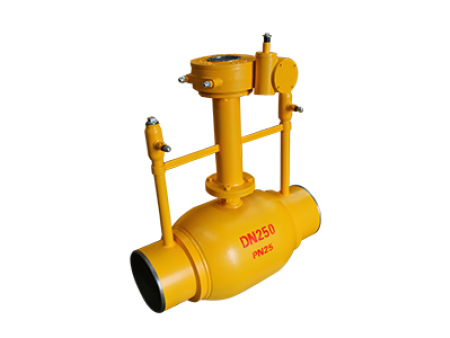1 inch ball valve price
Understanding the Pricing of 1 Inch Ball Valves
When it comes to plumbing and industrial applications, ball valves are essential components that control the flow of liquids and gases. Among the various sizes available, the 1-inch ball valve is a popular choice due to its versatility and effectiveness. But what factors influence the price of a 1-inch ball valve? This article delves into the specifics of pricing, factors affecting costs, and tips for buying the right valve for your needs.
Ball Valve Basics
A ball valve is a type of quarter-turn valve that uses a hollow, perforated, and pivoting ball to control flow. When the valve is open, the ball's hole is aligned with the flow direction, allowing the liquid to pass through. Conversely, when the valve is closed, the ball rotates 90 degrees to block the flow. This design provides a reliable and durable option for a wide variety of applications, from residential plumbing to industrial processes.
Factors Influencing Price
1. Material The most significant factor affecting the price of a 1-inch ball valve is the material used in its construction. Common materials include brass, stainless steel, and PVC. Brass valves are generally less expensive and are suitable for many water and air applications. Stainless steel valves, while more expensive, offer enhanced durability, corrosion resistance, and suitability for high-pressure applications. PVC valves are a lighter and cost-effective option for specific chemical applications.
2. Type of Valve There are different types of ball valves, including full port and reduced port. A full port valve allows for unrestricted flow, while a reduced port valve has a smaller opening that can create pressure drops. The choice between these types will impact the price, with full port valves typically costing more due to their construction and performance capabilities.
3. Pressure Rating The pressure rating of a valve is another critical consideration. Valves are rated according to the maximum pressure they can handle, ranging from low-pressure to high-pressure applications. Higher-rated valves can withstand greater forces, making them more expensive due to the materials and engineering required to ensure safety and reliability.
4. Brand Reputation Just as with any product, the brand can play a role in pricing. Established brands with a reputation for quality and reliability may charge more for their valves. However, investing in a reputable brand can lead to long-term savings by reducing the likelihood of failures or leaks.
5. Additional Features Some ball valves come with extra features, such as extended handles, locking mechanisms, or electric actuators for automatic operation. These features can add to the base price of the valve but may also increase functionality and ease of use.
1 inch ball valve price

Typical Price Range
The price of a 1-inch ball valve varies based on the factors outlined above. On average, you can expect to pay anywhere from $10 to $50 for a standard brass or PVC ball valve. Stainless steel options typically range from $30 to $150, depending on the design, pressure ratings, and brand.
Tips for Purchasing
When purchasing a 1-inch ball valve, consider the following tips
1. Assess Your Needs Determine the application, pressure requirements, and environment in which the valve will be used to choose the appropriate material and design.
2. Compare Products Don’t settle for the first option you find. Compare several products, prices, and reviews from different retailers and manufacturers.
3. Check for Certifications Ensure that the valve meets relevant industry standards and certifications, which attest to its quality and performance.
4. Warranty Information Look for valves that come with a warranty, providing peace of mind and protection against manufacturing defects.
Conclusion
Understanding the pricing of a 1-inch ball valve involves more than just looking at the label. By considering materials, types, pressure ratings, brand reputation, and additional features, buyers can make informed decisions that balance quality and budget. Investing in the right ball valve can save time and money in the long run while ensuring efficient and safe operation in your plumbing or industrial systems.
-
High-Security Lockable Gas Valve - Tamper-Proof ControlNewsAug.30,2025
-
Reliable Hydraulic Valves for Efficient Fluid ControlNewsAug.29,2025
-
Reliable Electric Actuators for Industrial Valve AutomationNewsAug.29,2025
-
Premium Line Blind Valves for Secure Pipeline IsolationNewsAug.29,2025
-
Premium Electric Valves for Smart Fluid Control SolutionsNewsAug.29,2025
-
Precision Balanced Valves for Optimal System PerformanceNewsAug.29,2025
-
Heavy-Duty Flanged Butterfly Valves for Water SystemsNewsAug.29,2025




